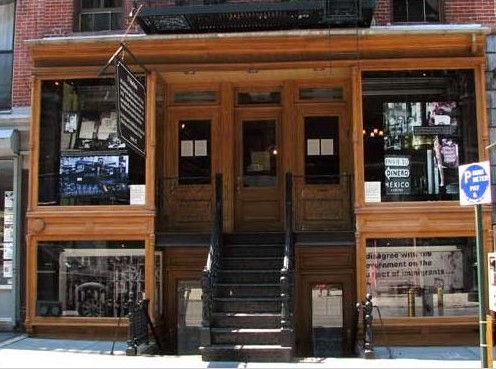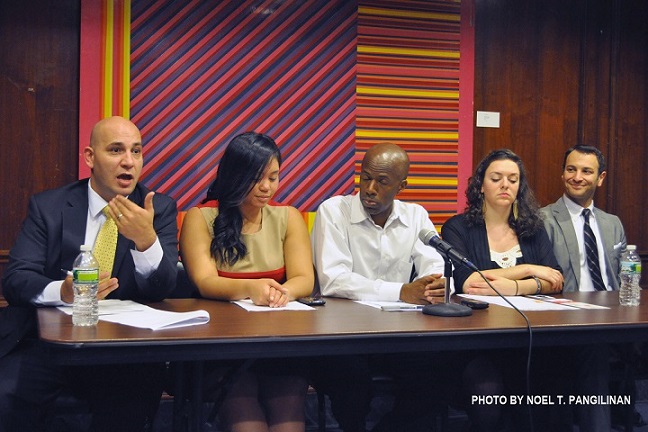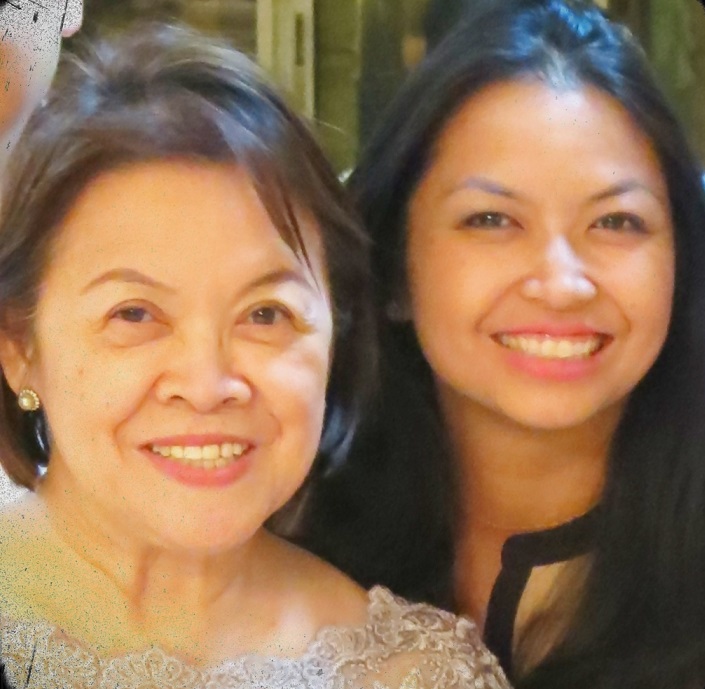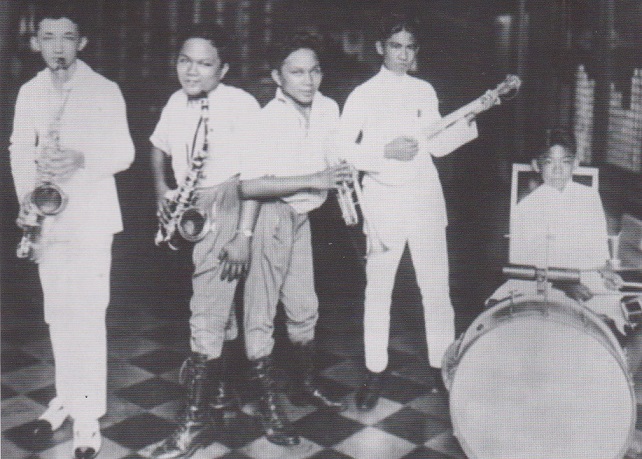Grace Alignay: Helping marginalized women find jobs in the fashion industry
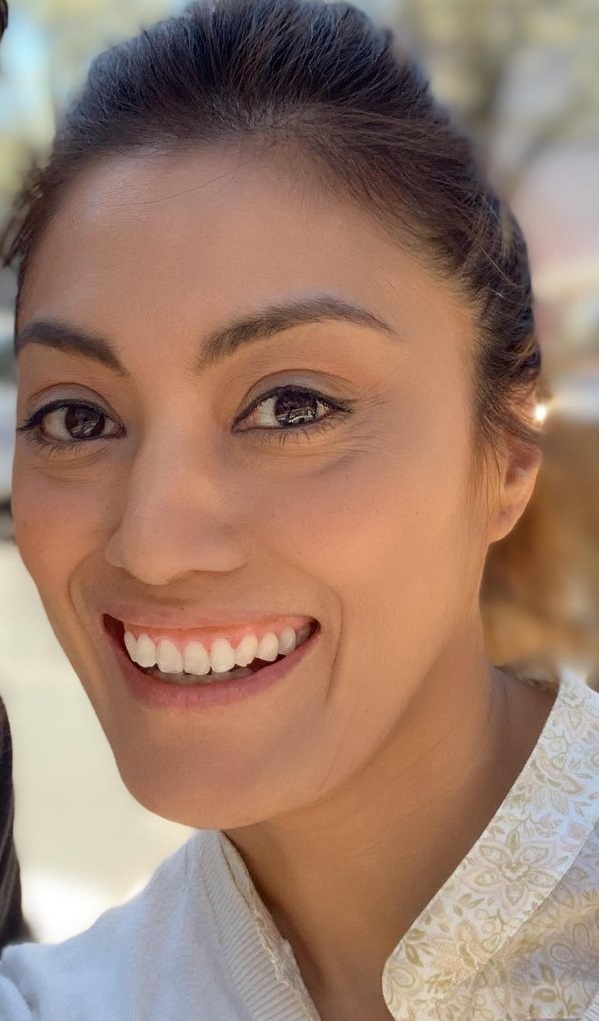
By Cristina DC Pastor
It took a lot of twists and turns before Grace Alignay finally found her bliss.
She studied Pre-Med and was sickened by the sight of blood. In her indecision, she joined the U.S. Army where she acquired technical skills but no college degree. After military service, she moved to New York from Florida, where she decided to get a Business degree with a goal towards becoming an entrepreneur.
She heard about Custom Collaborative, a training institute and business incubator for low-income and immigrant women looking to work in the fashion industry as dress makers, designers, business owners, or pattern makers. She signed up for the 14 week-training which gave her the foundation to learn about the creative and business sides of the industry. Grace knew right away this is where she wants to be.
Fashion as a trade is evolving, said Grace in an interview with The FilAm. The offshoring of production to low-cost countries in Asia or Eastern Europe is becoming an “outdated” business model. As a result, more fashion brands are looking to bring production back home, “closer to consumers.”
From her year-long experience with Custom Collaborative, she learned that fashion manufacturing in New York is facing a “labor-shortage crisis.”
“Aging workers retire without a trained workforce to replace them,” she said. “Since 2001, fashion manufacturing jobs have declined over 60 percent in New York City, yet the local fashion industry still accounts for $9 billion in total wages and nearly $2 billion in city tax revenue. The demand for workers with specialized production skills will only increase.”
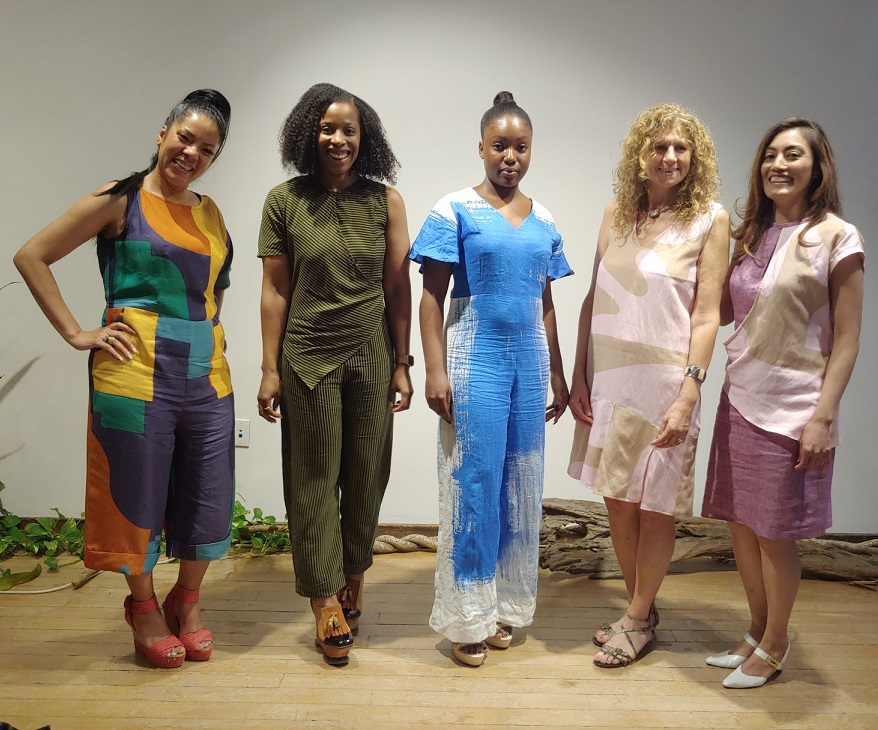
Custom Collaborative was founded by Ngozi Okaro, described in its website as an advocate for socioeconomic justice. She believes that fashion has not addressed important issues, such as acceptance of body size as well as its responsibility toward a sustainable environment.
Grace’s role is that of a Cooperative Leader. Aside from teaching women cooperative and democratic workforce principles and business skills, she is helping six other founding members develop the confidence they need to assume positions of leadership in the field of fashion. It could be in the area of marketing the cooperative or negotiating with their workers. The idea, she stressed, is for women to “realize their true potential.”
“Our women are smart, dedicated, hard-working creatives who love fashion,” said Grace. “Our founding members are a diverse group of women dedicated to helping empower other women. Seventy percent are mothers, 40 percent are survivors of domestic violence, 85 percent are immigrants.”
Historically, she explained, fashion jobs have provided a reliable pathway to economic stability, for women and immigrants.
“Fashion production is well suited to subcontracting and home-based labor, allowing more flexible work schedules,” she noted.
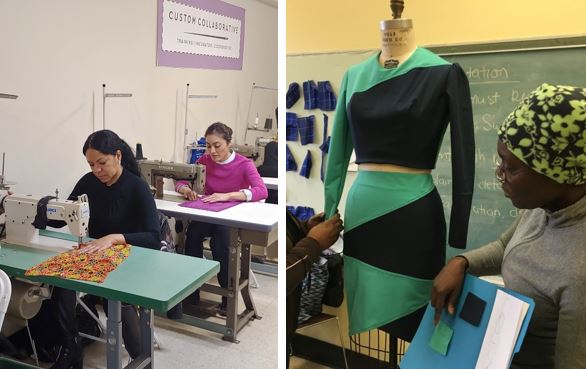
Military service
Grace’s family – with roots in Cavite and Navotas — came to the U.S. by way of U.S. military service in the Philippines. They landed in the DMV (D.C., Maryland, Virginia) area. Grace was born in Washington D.C. Her mother LTC Arsenia Alignay is a retired officer in the U.S. Air Force.
“I wanted to serve the country of my birth, open up to new challenges, and broaden my horizons,” she replied when asked why she joined the Army. After five years in the service, she used the G.I. Bill to earn her Accounting degree.
Runway shows
Custom Collaborative, which is developing its cooperative arm, has its own runway shows and has not participated in New York Fashion Week. “We do our own runway shows at each graduation ceremony,” she said.
The coop sells its garments and accessories through its website and also through specialty boutiques, like NiLu in Harlem. “We also produce for local fashion designers who sell through their own channels,” she said.
A fashion pack rat, Grace is collecting interesting fabrics and upcycling them. She is conscious about wearing only clothes she has designed and made. She said, “That is where I would like all my garments to come from now on.”


© The FilAm 2020

